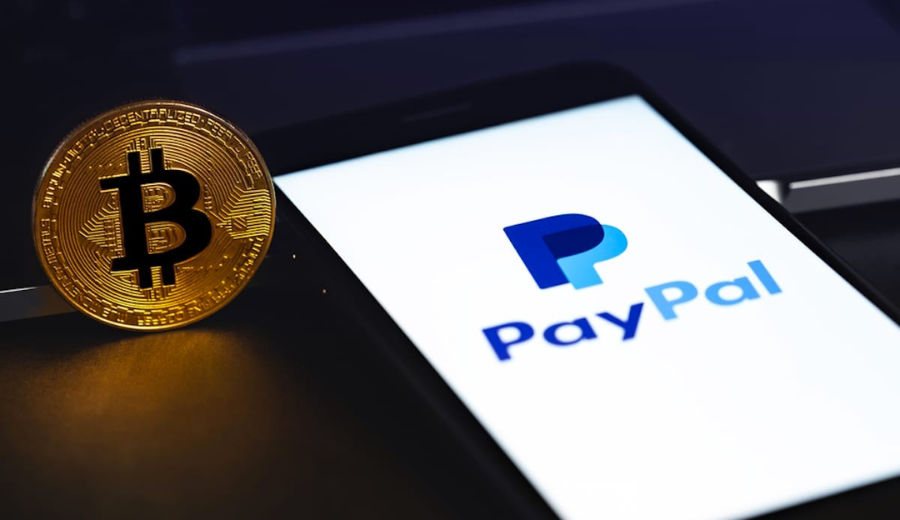Beyond Cryptocurrency: exploring the diverse scope of Blockchain Technology

The growing popularity of Cryptocurrency which stands out as the first application of Blockchain technology has beclouded the other use case of Blockchain technology that many today now suppose Cryptocurrencies to be the only use case of Blockchain. However, this is a wrong impression as there are many other applications of Blockchain technology beyond Cryptocurrencies. If you are new to the world of Blockchain and eager to find out the other applications of Blockchain then here is the guide you have been seeking for. But first let’s define Blockchain.
Meaning of Blockchain
Blockchain is a decentralized and distributed digital ledger technology that securely records and verifies transactions across some connected network of computers. It consists of a chain of blocks, where each block contains a list of all the previous transactions on the network. This ensures transparency, immutability, and tamper resistance, making it a foundational technology for cryptocurrencies like Bitcoin and various applications beyond finance.
Exploring the Diverse Application of Blockchain Technology beyond Cryptocurrencies
Block technology has several other use cases outside Cryptocurrencies. In fact this technology can be applied in virtually any public sector for greater efficiency and transparent records. Below are some interesting domains where Blockchain technology has been utilized today:
- Decentralized Finance (DeFi): One of the most prominent applications of Blockchain technology is witnessed in the rise of Decentralized Finance, or DeFi. By leveraging smart contracts, Blockchain facilitates peer-to-peer lending, decentralized exchanges, and automated trading platforms, fundamentally reshaping the traditional financial landscape. The promise of transparency, reduced costs, and increased accessibility has attracted both traditional financial institutions and individual users alike.
- Supply Chain Management: Blockchain’s immutable and transparent nature finds a natural fit in supply chain management. The technology enhances traceability, reduces fraud, and ensures the authenticity of products from the source to the consumer. This not only optimizes logistical processes but also addresses issues like counterfeiting, providing consumers with a trustworthy and accountable supply chain.
- Healthcare Revolution: Blockchain introduces a new paradigm in healthcare by securing patient data and streamlining interoperability among healthcare providers. The decentralized nature of Blockchain ensures data integrity, privacy, and accessibility, ultimately empowering patients with control over their health records. This advancement has the potential to revolutionize how healthcare information is managed, shared, and utilized.
- Smart Contracts in Legal Processes: Smart contracts, self-executing contracts with coded terms, are reshaping traditional legal processes. By automating and verifying contractual agreements, Blockchain reduces the need for intermediaries, expedites transactions, and enhances the overall efficiency of legal proceedings. This application has implications not only in business contracts but also in areas like intellectual property and real estate.
- Voting Systems: The robust security features of Blockchain make it an ideal candidate for transforming voting systems. By providing a secure and transparent platform, Blockchain can mitigate concerns related to fraud, manipulation, and hacking in electoral processes. This application has the potential to restore trust in democratic systems globally.
- Intellectual Property Protection: Blockchain provides an innovative solution to safeguarding intellectual property rights. Through timestamping and immutability, creators can establish an indisputable record of their work, reducing the risk of piracy and unauthorized use. This application has far-reaching implications for artists, writers, musicians, and innovators across various industries.
- Real Estate Transformation: The real estate industry is experiencing a paradigm shift with the integration of Blockchain technology. Smart contracts enable transparent and tamper-proof property transactions, reducing the need for intermediaries like escrow services. Additionally, blockchain-based property registries enhance the accuracy and efficiency of land record management, mitigating issues related to property disputes and fraud.
- Gaming and Digital Assets: The gaming industry is leveraging Blockchain for secure and transparent management of in-game assets. Blockchain’s decentralized ledger ensures the authenticity and ownership of digital assets, allowing players to buy, sell, and trade in-game items with confidence. This technology is reshaping the gaming economy, providing a foundation for virtual asset ownership and exchange.
- Cross-Border Payments and Remittances: Blockchain is disrupting the traditional cross-border payment landscape by offering faster, more cost-effective, and transparent transactions. The technology’s decentralized nature eliminates the need for intermediaries, reducing fees and delays associated with traditional banking systems. This has significant implications for global remittances and international trade.
- Identity Management and Authentication: Blockchain is emerging as a robust solution for identity management and authentication. Individuals can have secure, self-sovereign identities stored on the blockchain, allowing them to control and share personal information selectively. This not only enhances privacy but also reduces the risk of identity theft and fraud, creating a more secure digital ecosystem.
- Education and Credential Verification: Blockchain is streamlining credential verification processes in the education sector. Academic certificates, diplomas, and degrees can be securely stored on the blockchain, allowing employers and institutions to verify the authenticity of credentials efficiently. This helps to reduce growing numbers of certificate forgery.
- Energy Trading and Grid Management: Blockchain facilitates decentralized energy trading by enabling peer-to-peer transactions between energy producers and consumers. This disintermediation enhances efficiency, reduces costs, and promotes the use of renewable energy sources. Additionally, Blockchain helps in creating a more resilient energy grid by optimizing energy distribution and ensuring transparency in energy transactions.
Conclusion
The evolution of Blockchain technology goes far beyond its origins in cryptocurrency. Its decentralized, transparent, and secure attributes make it a versatile tool for transforming industries and reshaping the way we perceive and interact with various aspects of our lives. As we delve deeper into this decentralized future, the potential applications of Blockchain technology are limited only by our imagination.






